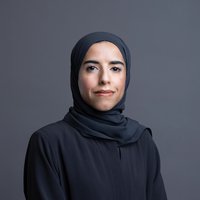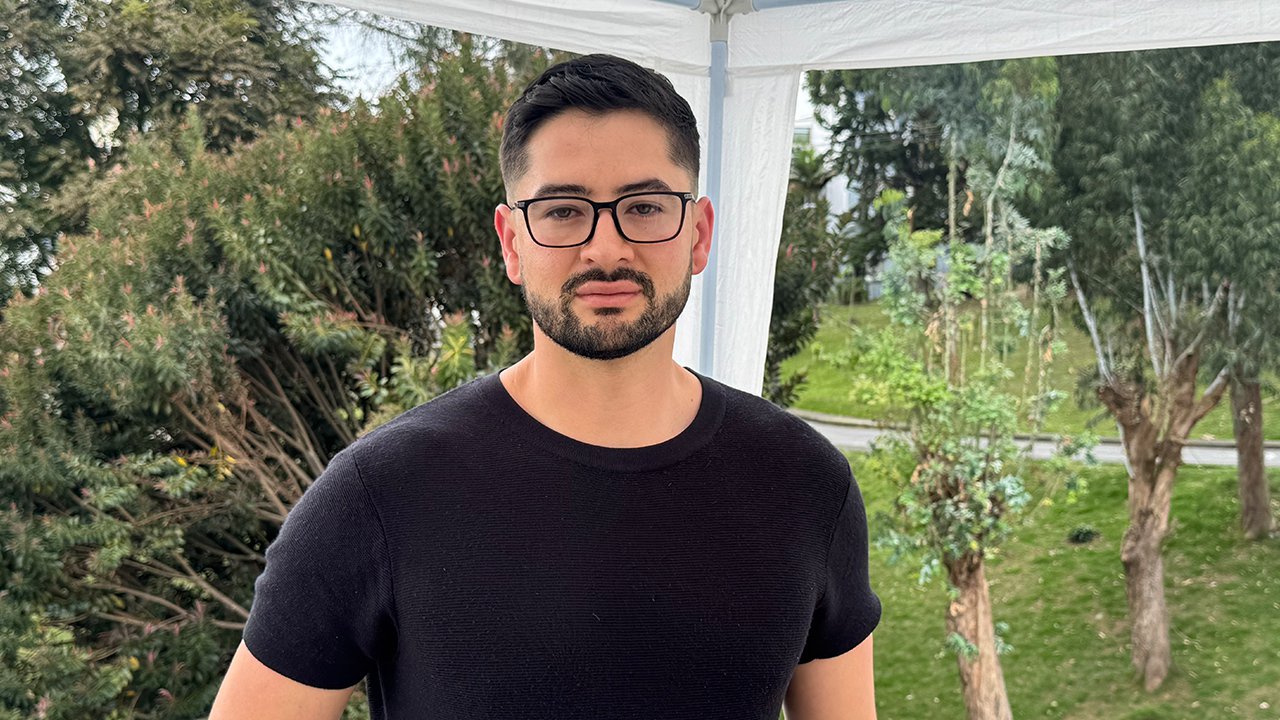Only three
out of ten students in Colombia access higher education, according to research
by Universidad del Rosario. Although 77% of young people express a desire to
pursue a university degree, economic barriers and a lack of guidance in
choosing a career path help explain this gap.
Juan Pablo
Ospina (Colombia, 34) believes that Colombia’s biodiversity holds the potential
to support the aspirations of rural youth who want to pursue an academic
future. To bridge these two realities, he launched Emerge, a socially focused
project that empowers rural communities by training them to raise insects using
organic waste to produce animal feed and biofertilizers. The income generated
is invested in delivering educational programs to young people in rural areas.
Emerge
manufactures two main products for the agricultural sector. The first is black
soldier fly larvae, which are used as feed for poultry, fish, and pigs, helping
farmers produce feed at a lower cost. The second is a biofertilizer that can be
applied to crops as an alternative to chemical products.
Thanks to
the “University in Your Territory” program, educational initiatives can reach
remote areas, aiming to prevent rural youth from becoming involved in illicit
economies. “We empower rural youth by teaching them how to transform
environmental problems, like organic waste, into income through insect farming,”
explains Ospina, a PhD candidate in Agricultural Sciences at the University of
Caldas (Colombia). Using
organic waste allows Emerge to operate without major initial costs. The sale of
just 25 kg of biofertilizer and 150 kg of insect meal can cover the tuition of
one student at Universidad del Campo, which costs around $535 (approximately
€479).
Colombia’s
armed conflict deeply shaped Ospina’s life. “I have vivid memories of how the
conflict shattered our dreams of building a better world. Every morning, my
friends and I would wake up in fear due to the presence of the FARC rebel
group. After finishing high school, I enrolled in a technical program in
forestry sciences, which led to my first job working with rural communities
involved in illicit crop production,” he recalls. That experience enabled him
to advise 500 families.
Emerge
seeks to close the social divide between urban and rural areas in Colombia by
promoting equitable access to education for marginalized communities, an
essential element for overcoming social exclusion and fulfilling the goals of
the 2016 peace agreement.
The
“University in Your Territory” program has already shown a significant impact
on the life plans of rural youth. “Studies demonstrated that investing in free
access to education had a positive effect in rural communities, as it reduced
poverty, curbed urban migration, and encouraged generational renewal,” Ospina
explains. In addition
to leading this initiative, Ospina, also a professor, researcher, and doctoral
student, has led a project with Indigenous communities to teach students how to
design projects that positively impact their rural surroundings.
Ospina is
one of the 35 Innovators Under 35 selected by MIT Technology Review in Spanish,
recognized for launching Emerge, participating in Georgetown University’s
Global Competitiveness Leadership (GCL) program in the U.S., and earning
several scholarships that have supported his training and experience in
entrepreneurship.




